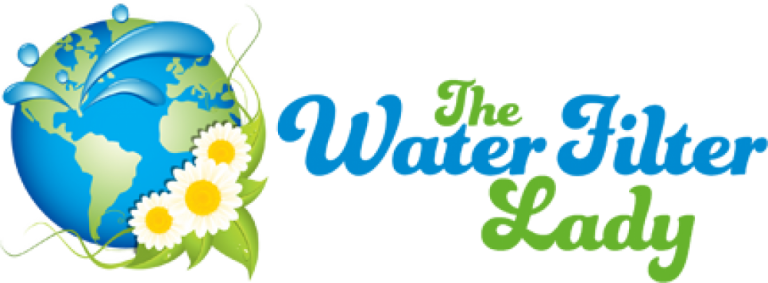Crystal Clear Lakes: How Boaters Can Improve Water Quality
 As summer approaches, boaters look forward to the family fun and excitement of being out on the lake once again. As any boater knows, there is nothing better than a warm day with loved ones on a crystal clear lake. In order to preserve the beauty and tranquility of our water, we must all do our part to maintain and improve water quality. Many water quality initiatives are implemented at the governmental level, but boaters too can contribute to keeping lakes clean.
As summer approaches, boaters look forward to the family fun and excitement of being out on the lake once again. As any boater knows, there is nothing better than a warm day with loved ones on a crystal clear lake. In order to preserve the beauty and tranquility of our water, we must all do our part to maintain and improve water quality. Many water quality initiatives are implemented at the governmental level, but boaters too can contribute to keeping lakes clean.
Engine Emissions
Engine emissions contribute to decreased water quality as well as increased air pollution. Most boat engines burn gasoline very inefficiently, leading to disproportionately high levels of pollutant emissions. While engine emissions obviously cannot be eliminated by boaters, they can absolutely be minimized. Regular engine maintenance including tuning the engine and using the manufacturer-specified fuel mixtures will ensure that your engine runs at its maximum efficiency. Boat shoppers can also do their part by selecting engines with high efficiency and low emissions.
Litter
Litter from boaters is also a serious contributor to poor water quality. Many commonly thrown overboard items such as plastic bags, aluminum cans, or Styrofoam can remain in the water for centuries. The obvious solution to this is to never intentionally throw any foreign item into the water, but a lot of littering occurs by accident. This can be prevented by tying down, stowing, or otherwise securing trash while boating. Only bringing items with minimal packaging or other waste will also minimize the risk of accidental boating litter.
Boat Maintenance
Boat owners stress the importance of boat maintenance, but it is important not to engage in practices that are harmful to the lake environment while doing this. Cleaners and paints often contain harmful chemicals that are released into the ecosystem when a boat is taken out on the water. Simply rinsing your boat with fresh water after each use and using simple cleaning agents like baking soda, vinegar, or lemon juice will keep the same pristine appearance without causing water damage. Researching paint products can help to minimize chemical exposure, and sanding your boat away from shore will likewise prevent harmful chemicals from boat paint entering the water.
Invasive Species
While detergents can pollute lakes even in minute amounts, the solution to this issue is not to stop washing your boat altogether. Boating contributes much to the rapid spread of invasive species throughout the water ecosystem. To prevent this, cleaning boats through the simple measures mentioned above is crucial. Washing and allowing your boat to dry before moving to a new body of water can also minimize your impact on the spread of invasive species. Most introduction of these species is caused by commercial ship dumping, but recreational boaters must remember not to release live bait or aquarium pets into the water.
Wake Effects
Turbulence on the lake caused by propeller movements can also reduce water quality. Motoring too close to the bottom of the lake or the shore can stir up settled pollutants. This leads to several different issues. One is that when these sediments become suspended in the water, it can lead to abrasions on the skin of fish. Another is that mobilized nutrients will often lead to algae blooms in the water, undesirable both for water quality and for aesthetic reasons.
Conserve our Lakes
Our beautiful lakes provide enjoyment and memories to so many boaters each year. In order to preserve them, it is important that our enjoyment of the lakes is not destructive to them. By following clean boating practices, we can all reduce our impact on water quality so that the world can enjoy boating for generations to come.
Featured images:
 License: Creative Commons image source
License: Creative Commons image source
Andrew Miller is a contributing blogger for Manitou Boats, leading manufacturer of pontoon boats.

